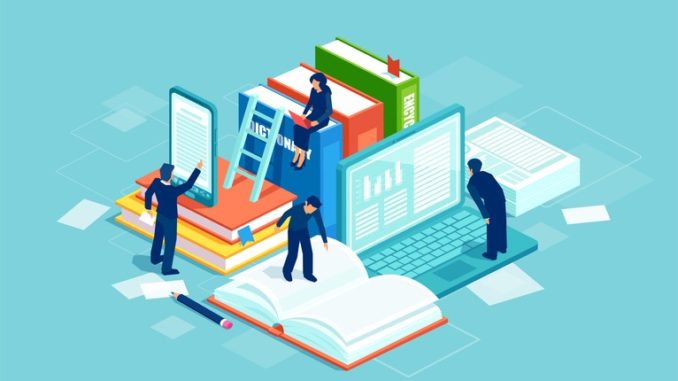
It is difficult to predict what the job market will look like in five, 10 or 20 years’ time, but it’s safe to say it will be more digitally-focused than ever. Kris Jackson, member of ANME, asks, how can we be sure we’re equipping children with the skills they will need to succeed?
The trend in changing technology driving economic and social change is not new. Despite radical changes in technology, some may argue that formal education has not changed remarkably over the previous 100 years; the ‘sage on a stage’ model being adapted to teach a curriculum aimed at furthering academic progress, rather than readiness for work.
“If we teach today’s students as we taught yesterday’s, we rob them of tomorrow,” said John Dewey. Beyond the core academic skills taught at school, skills such as communication, collaboration and problem-solving are required to equip students for their futures.
The World Economic Forum divides these skills into:
- Foundation literacies – literacy, numeracy, scientific literacy etc;
- Competencies – collaboration, communication, critical thinking, problem-solving etc; and
- Character qualities – curiosity, adaptability and social and cultural awareness.
In the USA the idea that formal education should provide, not only these core literacies, but also skills for wider life is encapsulated within the ‘deeper learning’ or ‘21st century skills’ movement. The set of ‘competencies’ associated with 21st century skills are not considered new – but the increasing reliance and availability of digital technologies, and their ability to enable communication and collaboration, mean there is ever more dependence upon them. Deeper learning aims to encourage these wider competencies so that they are developed to a deeper extent and, in so doing, to foster the ability to transfer them to other disciplines and, ultimately, to the workplace.
Authentic learning experiences
Deeper learning – or any other technique – needs to be applied correctly. Simply providing spaces and technology and expecting the desired learning outcomes is a mistake. As with all technology, it is the way they are used by skilled practitioners that is significant; after all, It’s the pedagogy, stupid! Pedagogies that offer ‘authentic experience’ – such as project-based learning – encourage students to participate in authentic, often real-world, projects and, in the process, practice collaboration and communication etc. while learning the traditional core academic syllabus.
One aspect of the future that seems certain is the exponential rise in data and digital technologies. In such an environment the ability to navigate, manipulate and work with digital media is becoming an essential life skill. Developing digital literacy skills does not mean simply getting better at using ICT, but developing an ability to see how technology and information impact the real world and the development of a critical mindset to make sense of it. In formal education this requires a recognition that traditional core literacies should be extended to include these critical digital literacies. A globally connected world – deluged with data – requires diverse cultural competencies and a capacity to collaborate and communicate as well as analyse, evaluate, create and curate from diverse and rich sources.
Digitally literate
Recent reports in the UK highlight a discrepancy between workplace requirements in digital literacy, IT staff numbers and those developed by both higher education and schools. Education in digital literacies needs to start early and recognise the difference between lifestyle skills and workplace skills – and teachers need to be confident in how to correctly apply them. Schools and industry need to work in partnership to inform curriculums, workplace requirements and provide insight and experience to future employees.
The notion that education should not only provide content, but also encourage skills for life is not new – but the increasing demands that digital technology will make mean that students will have an even greater need for these broader competencies – skills that are, arguably, best provided by pedagogy and experience that are designed to be as authentic as possible.
Don’t forget to follow us on Twitter, like us on Facebook, or connect with us on LinkedIn!

Be the first to comment